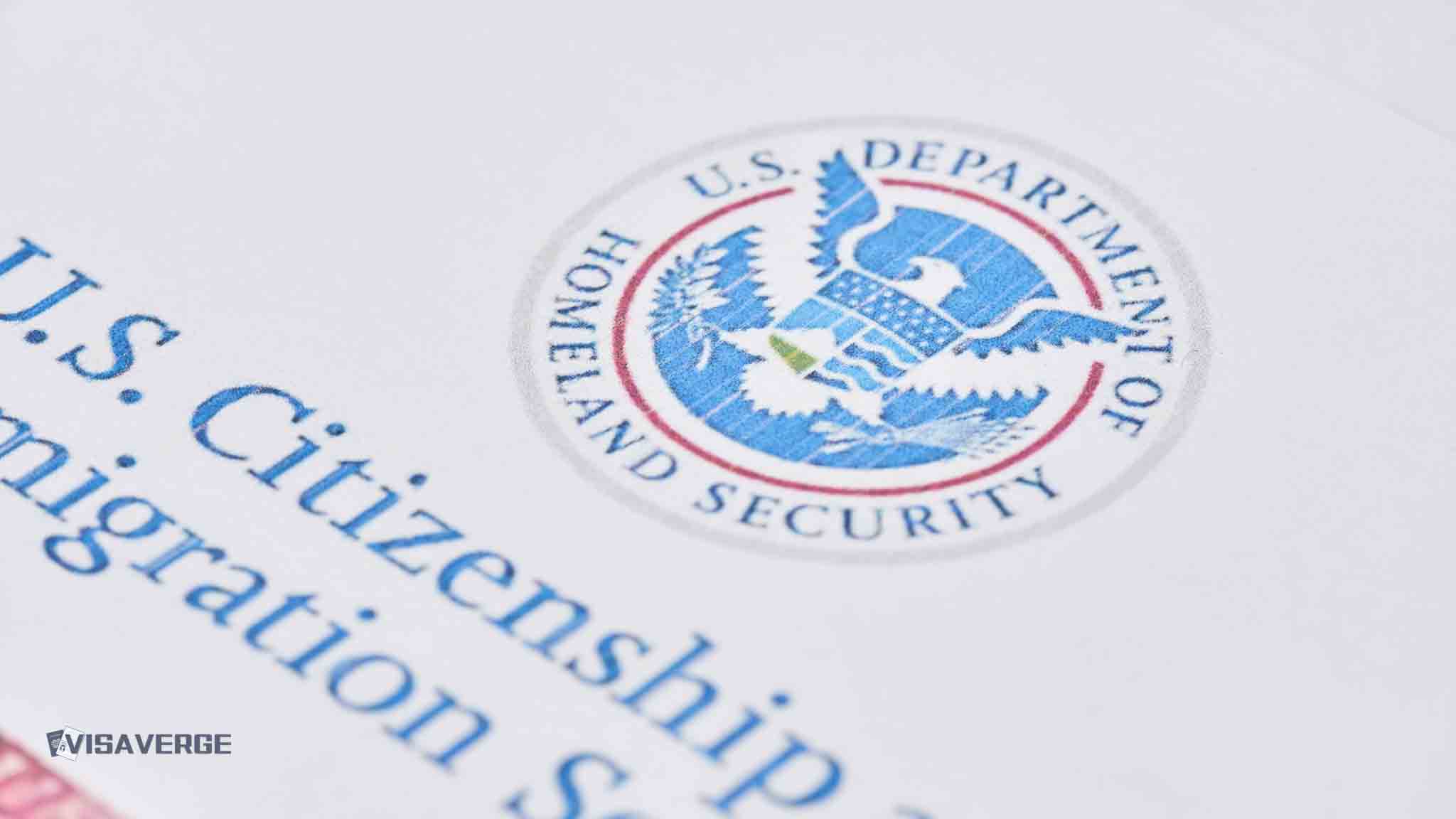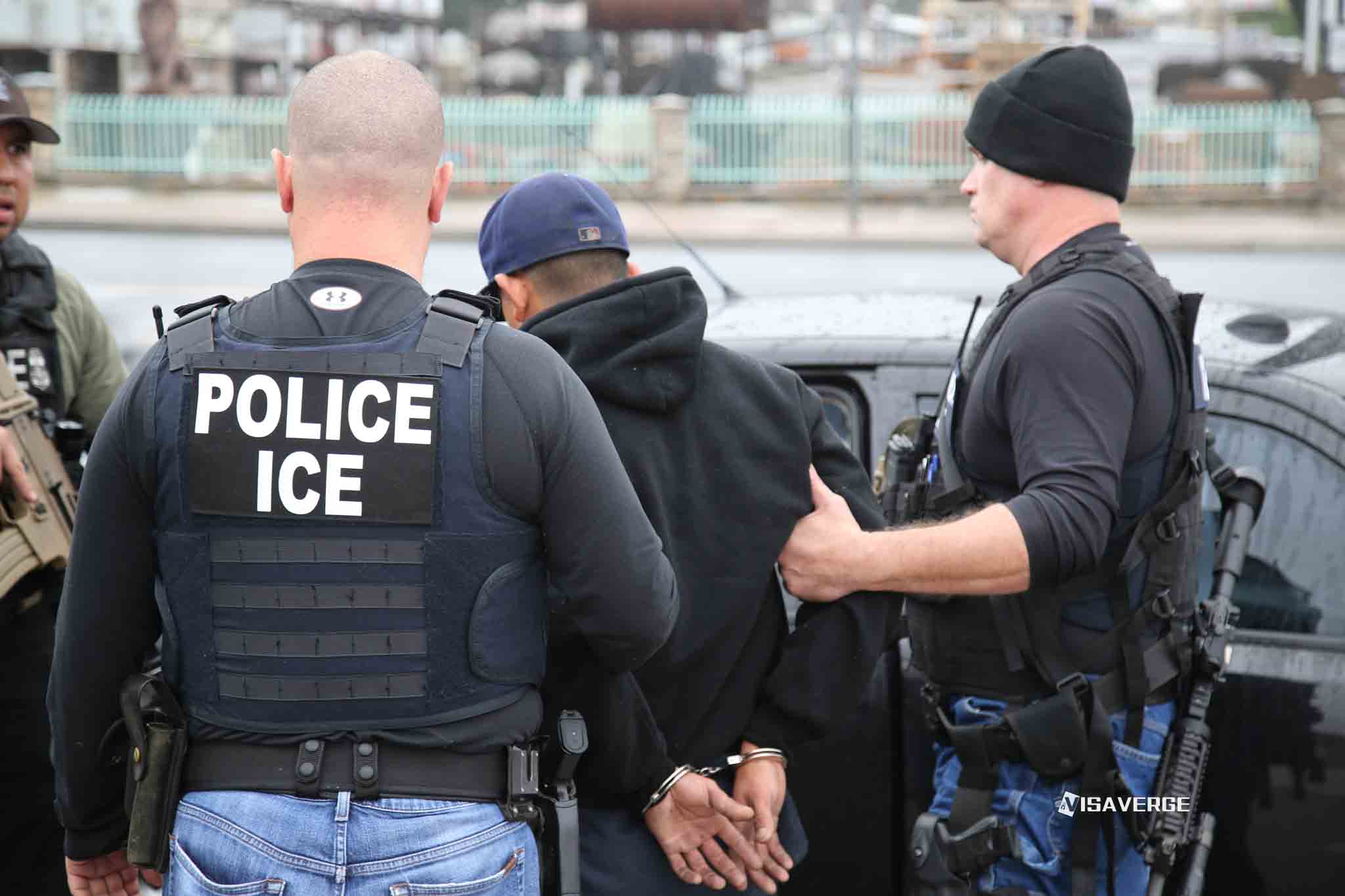(WASHINGTON COUNTY) A 35-year-old Venezuelan civil engineer, Jesus Teran, remains in immigration detention after a July 8, 2025 check-in at the ICE Pittsburgh field office. His case has alarmed his church community and raised wider questions about how the United States uses detention in civil immigration cases.
Teran has lived in the U.S. since 2021. He is a faithful member of St. Oscar Romero Parish in Washington County and attends Our Lady of the Miraculous Medal Church in Meadow Lands with his wife and two children. Parish leaders say he followed Immigration and Customs Enforcement rules for more than four years, including regular check-ins, making his detention a shock.

After ICE detained him, Teran was first held at Northern Regional Jail in Moundsville, West Virginia. He was later transferred to the Moshannon Valley Processing Center in Phillipsburg, Pennsylvania. The facility is run by the private contractor GEO Group.
Church leaders describe the detention as devastating. “It’s a heartbreaking experience,” said the Rev. Jay Donahue, senior parochial vicar at St. Oscar Romero Parish, who stressed Teran’s clean record and deep ties in the pews. Parishioners have rallied, donating money and praying with his family. The Knights of Columbus at the parish are organizing fundraising to help with rent, groceries, and legal fees.
Immigration attorney Linda Hamilton of Peters Township argues that the government’s approach treats people like Teran as threats even when they have no criminal history. Entering the country without inspection, she notes, is a civil matter, not a violent crime. She criticizes the current tactics that put non-violent immigrants into long detention with limited chances for bond.
According to analysis by VisaVerge.com, cases like Teran’s echo long-running complaints about detention of non-violent immigrants and the strain on families, churches, and local communities when bond is hard to get and hearings can take months.
What we know about the case
- Name and age: Jesus Teran, 35, Venezuelan, civil engineer
- Detained: July 8, 2025, after a routine check-in at the ICE Pittsburgh field office
- Facilities: Northern Regional Jail (Moundsville, WV); now at Moshannon Valley Processing Center (Phillipsburg, PA), run by GEO Group
- Community ties: Active member of St. Oscar Romero Parish; attends Mass with wife and two children
- Status: Awaiting an immigration hearing; no public date announced
- Support: Local church, parish groups, and donors helping the family
Why this matters
Teran’s case is not just about one man. It highlights the tension between federal enforcement and local communities that know the people behind the files.
- Parishioners see a father and neighbor; ICE treats him as someone in civil immigration proceedings.
- That clash plays out across the country every day.
Advocacy groups say the U.S. runs the largest immigration detention system in the world, holding tens of thousands of people daily. They warn about:
- Limited access to lawyers
- Medical neglect
- Reports of human rights abuses in some facilities
Freedom for Immigrants, an advocacy group, campaigns to end immigration detention altogether, arguing it is harmful and unnecessary in many civil cases.
Recent lawsuits have targeted ICE arrests at immigration courthouses. Advocates say courthouse arrests:
- Scare people away from hearings
- Make fair process harder to achieve
Community response in Washington County
The St. Oscar Romero Parish has moved quickly to support Teran’s family. Parish staff and volunteers are coordinating help with bills and meals. The Knights of Columbus are collecting donations to keep the household stable while Teran is detained.
Church members also call for humane treatment during detention. They ask that ICE consider release while Teran awaits his hearing, arguing he has shown he will follow rules and appear when required.
Legal and policy context
Attorney Linda Hamilton emphasizes that policies often do not match risk. Her points include:
- People who have complied for years could wait for hearings outside detention.
- Detention places strain on children and spouses, especially when a main breadwinner is taken into custody without warning.
Local responses have varied: Washington County and Oregon officials have pushed back against aggressive federal immigration enforcement in different ways. For example:
- Local leaders say heavy-handed tactics can hurt public safety by making immigrant communities fearful of calling police or going to court.
- In Oregon, sanctuary laws limit the use of local resources for federal immigration work, reflecting a protective stance toward immigrants.
Teran’s next step is an immigration hearing (date not public). Possible outcomes include:
- A bond decision
- Continuation of proceedings
- The chance to pursue relief
Prolonged detention remains a risk, especially if bond is denied or delayed.
Conditions and transfers
Transfers can isolate detainees from their lawyers and families. Teran’s move from West Virginia to the Moshannon Valley Processing Center adds distance for his wife and children.
- Visiting times, phone access, and legal call policies vary by facility.
- ICE says it manages detention to ensure safety and order. For more on how ICE oversees detention facilities, see ICE’s official guidance: https://www.ice.gov/detention-management
What families and communities can do
While every case differs, Teran’s situation offers practical lessons:
- Stay in touch with counsel. Keep copies of all documents and share updates with the attorney quickly.
- Track detention location changes. Transfers can happen fast; keep contact details current to avoid missed calls or mail.
- Document community ties. Letters from employers, pastors, teachers, and neighbors can help show roots and reliability.
- Seek trusted help. Local faith groups and legal aid organizations can assist with logistics and moral support.
- Plan for the household. Set up bill payments, childcare schedules, and emergency contacts to reduce stress during detention.
Voices from the pews
Parishioners describe Teran as a steady presence at Mass, a father who ushers his children into the front row on Sundays. They say his detention has left a hole in the community.
“We keep praying, we keep helping, and we keep asking for mercy. This is a family that belongs here with us.” — Rev. Donahue
The larger picture
The debate over detention continues. Supporters of strict enforcement say detention ensures people appear for hearings and protects the system’s integrity. Critics argue that community supervision programs can work well and cost far less than detention.
For Teran, the next hearing will be pivotal:
- A bond decision, if available, could allow him to reunite with his family while his case moves forward.
- Without bond, the “weight of the wait,” as one parishioner described it, will grow heavier.
Key takeaways
- Teran is detained after a routine check-in and now waits for a hearing with no public date set.
- His church community is providing financial and moral support.
- Advocates say his case reflects broader concerns about non-violent immigrants kept in detention for long periods.
Families facing similar situations can draw strength from community ties, legal help, and steady communication. In Washington County, that network now centers on one name: Jesus Teran.
This Article in a Nutshell
A devoted parishioner detained after a routine ICE check-in, Jesus Teran’s case spotlights prolonged detention of nonviolent immigrants and community mobilization to support his wife and two children while legal options for bond and relief proceed.







